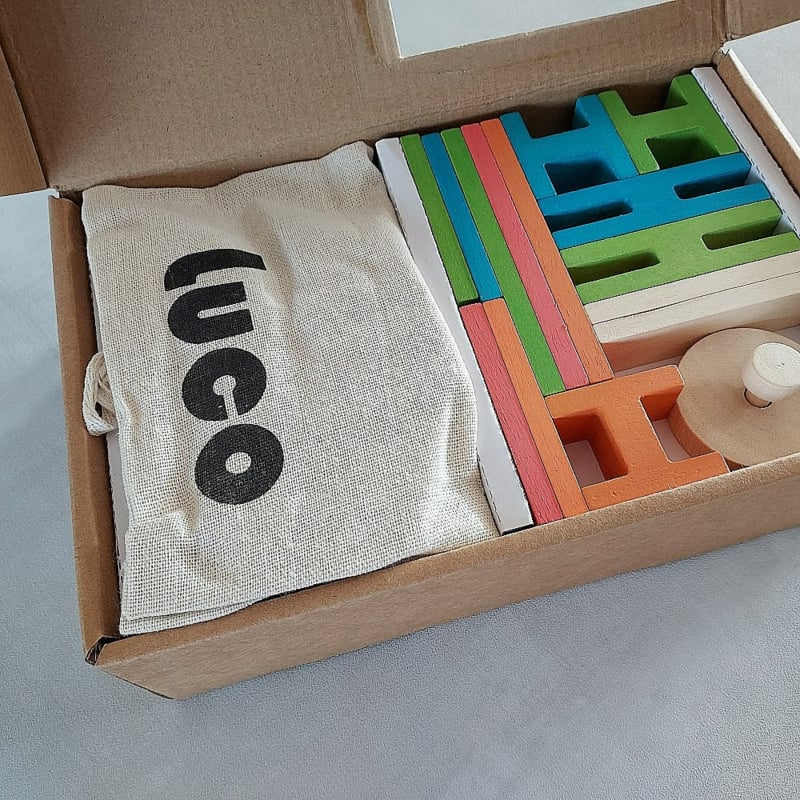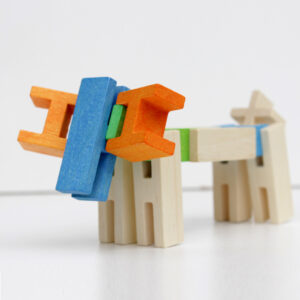This article describes the 10 main benefits of playing with unit blocks .
Not only , we the inventors of Luco toys, but also parents, Early childhood teachers and scientist, believe that every class and playroom must have a full set of unit blocks, combined with a large open space if possible to build, construct or make new fantasies, creatures or structures ( building architecture)

From an interview from real ELC experts we found out what I canvassed NAEYC staff and Young “What do they think children learn through block play?” Here are some of their answers :
- Problem solving. Sometimes it is intentional: “I want to build X. How do I do that?” Other times it is in-the-moment: “To go higher and add to one side, what can I use?”—Peter Pizzolongo
- Imagination. Children can follow their own plan, or they can share a friend’s vision and work together to create something they never dreamed of.—Karen Cairone
- Self-expression. Blocks offer many ways for young dual language learners to explore, express themselves, and demonstrate what they are learning across languages.—Karen Nemeth
- Mathematics. Important concepts and skills are practiced and strengthened through block play, including length, measurement, comparison, number, estimation, symmetry, balance.—Kristen Kemple
- Continuity and permanence. Block play engages spatial sense and motor abilities; it can be a solo or a group effort; block creations can stand for an indefinite period of time.—Lawrence Balter
- Creativity. Blocks and other loose parts can be moved freely by children, to be combined and recombined in countless ways.—Angela Eckhoff
- Science. Blocks offer opportunities to test hypotheses and build scientific reasoning.—Gayle Mindes
- Self-esteem. Children discover that they have ideas and that they can bring their ideas to life by creating, transforming, demolishing, and re-creating something unique.—Holly Bohart
- Social and emotional growth. Blocks help children learn to take turns and share materials, develop new friendships, become self-reliant, increase attention span, cooperate with others, and develop self-esteem.—Kathleen Harris
- Development in all areas. Block play requires fine and gross motor skills. Blocks enhance children’s problem-solving abilities, mathematics skills, and language and literacy abilities. And constructing “creations” builds self-esteem and feelings of success.

from—Linda Taylor
This short article is about the 10 benefits of block play, from 2-3 infancy through the first grades.
The authors urge early childhood teachers to introduce wooden construction blocks luco because they are an ideal material for young children. Through examples and images, the authors demonstrate the teaching and learning possibilities that block play supports.
Not convinced yet to buy our construction set? Read on this page a review of the 36 pieces wooden toy set.
